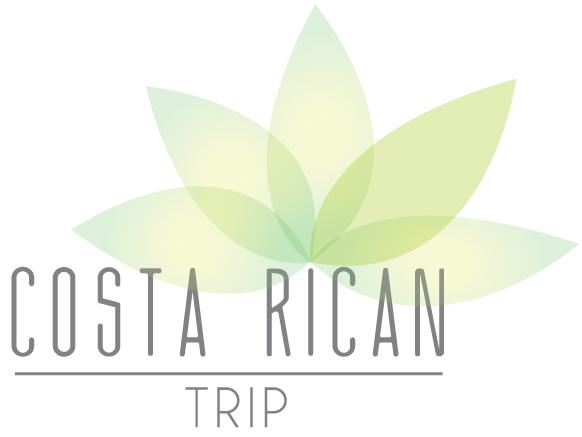Getting Ready for your Trip
It is recommended that you have your passport ready and valid for your length of stay. A passport will allow up to a 90 day visit to Costa Rica. Also, it makes money exchange and identification straight-forward. The law requires that you carry your passport at all times, so make a few copies of at least the photo page to carry with you during your stay. Keep your original passport in a safe place once in Costa Rica.
CLOTHING: Dress in Costa Rica is informal. Costa Ricans are aware of fashion, but very seldom go to extremes. It is a good idea to wear lightweight clothing and a jacket or sweater so these can be removed when the temperature rises. An umbrella may also come in handy. Comfortable walking shoes, tennis shoes or sandals are suggested. During the dry season it usually gets chilly in the evenings, so bring an extra sweater or jacket. Bathing suits are a must. A small knapsack or bag will come in handy. Women: Jeans and T-shirts, slacks and blouses, a jacket. A dress or two for special occasions. Men: Jeans and T-shirts, slacks and sports shirts and a jacket. Toiletries can be bought in San José and supermarkets or drugstores have a good supply of imported goods.
FINANCES: The Costa Rican monetary unit is the Colon. It is best to bring money in the form of US dollars or Credit Cards. Don’t expect to cash personal checks. Major credit cards are accepted in most large stores or hotels in the larger cities. When you get to school, you may ask where the best and fastest way to exchange money is.
HEALTH: Public health in Costa Rica compares favorably with that of many developed countries. No shots are necessary to come to the country. Medical facilities are numerous and dependable. Many English speaking doctors and dentists practice in San José. It is safe to drink the water.
CRIME: Costa Rica, in general, is a safe place. It’s not a good idea to expose flashy/expensive type jewelry, as is the case in most places in the world. Most crime is the petty type. Don’t leave valuables or personal documents unattended or in a parked car.
TRANSPORTATION: Buses are widely used and economical. Most taxi fares within San José are relatively inexpensive. Check to see that they are using their fare meter named “Maria”, if not, agree upon a price before starting to prevent any surprises. Travel by air within the country is adequate and inexpensive. You may drive up to 3 months with a valid driver’s license issued by your country.
ENTERTAINMENT: Night life in San José is varied and will satisfy almost everyone. Theaters, movies, restaurants, bars and discotheques with live tropical music are abundant and lively even on week days. The National Theater offers fine concerts and recitals.
TIPPING: At restaurants, a 10% service charge is included in the bill. You may want to add and extras 5% only for especially good service.
TELEPHONE: From Costa Rica you can dial direct to most countries. To make a collect call contact the operator and reverse the charges. You may also use telephone credit cards through the appropriate operator. 116 International Operator, 114 AT&T Operator in the US, 162 MCI, 163 Sprint, 161 Bell in Canada.
ELECTRICITY: 110 volts-standard US type receptacles.
MAIL: Mail from the US or Europe can take up to four weeks to be received. The same is true for your outgoing mail to those countries. Packages can take longer, and many are held at the post office for inspection and taxes or tariffs. It’s best to bring everything you need with you to avoid lengthy waits and expenses. If you wish, you may have your mail sent to the school’s address during your stay.
Costa Ricans tend to use familiar reference points instead of streets and avenues when giving directions.














